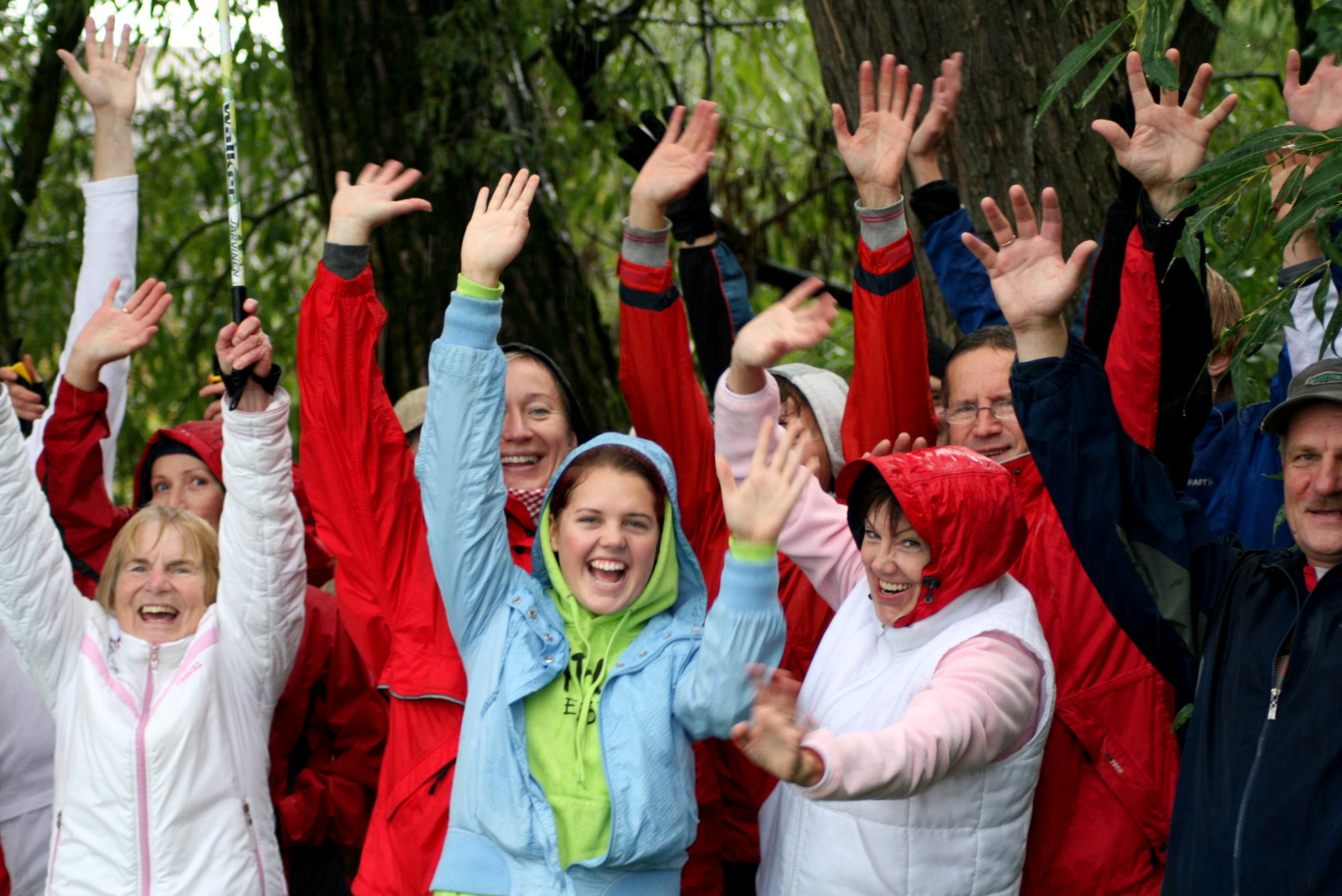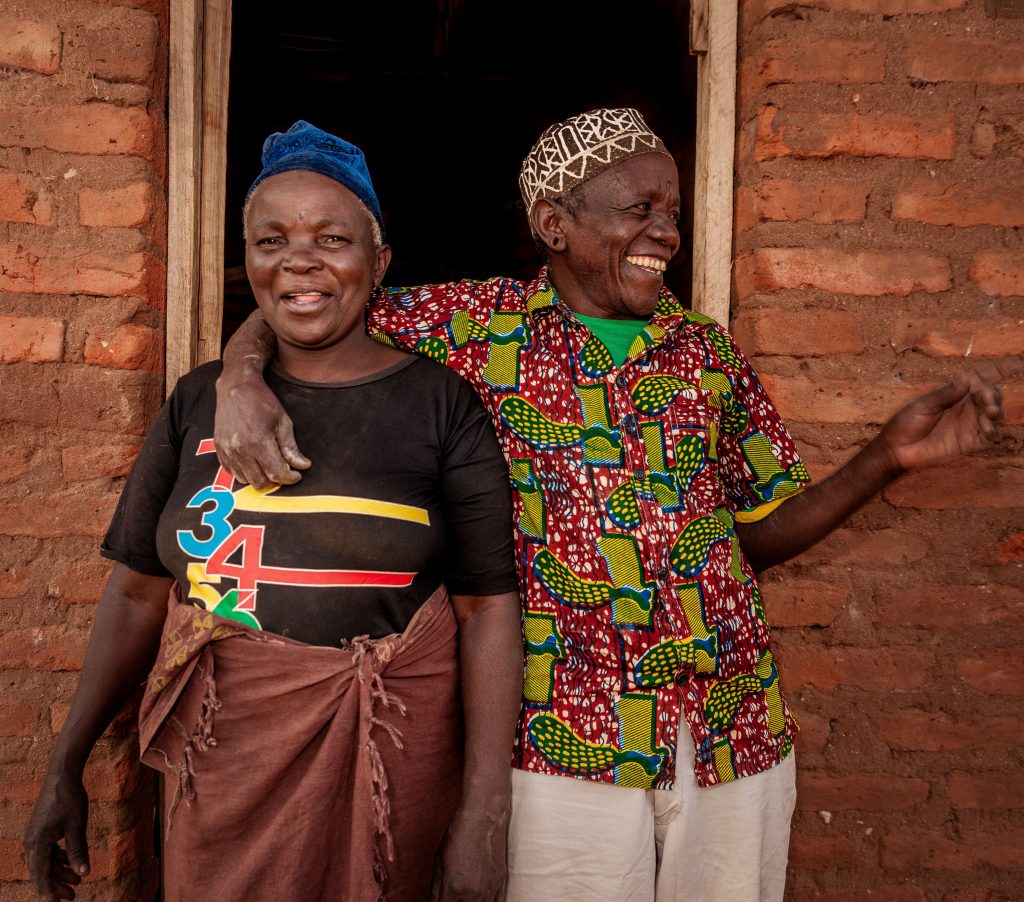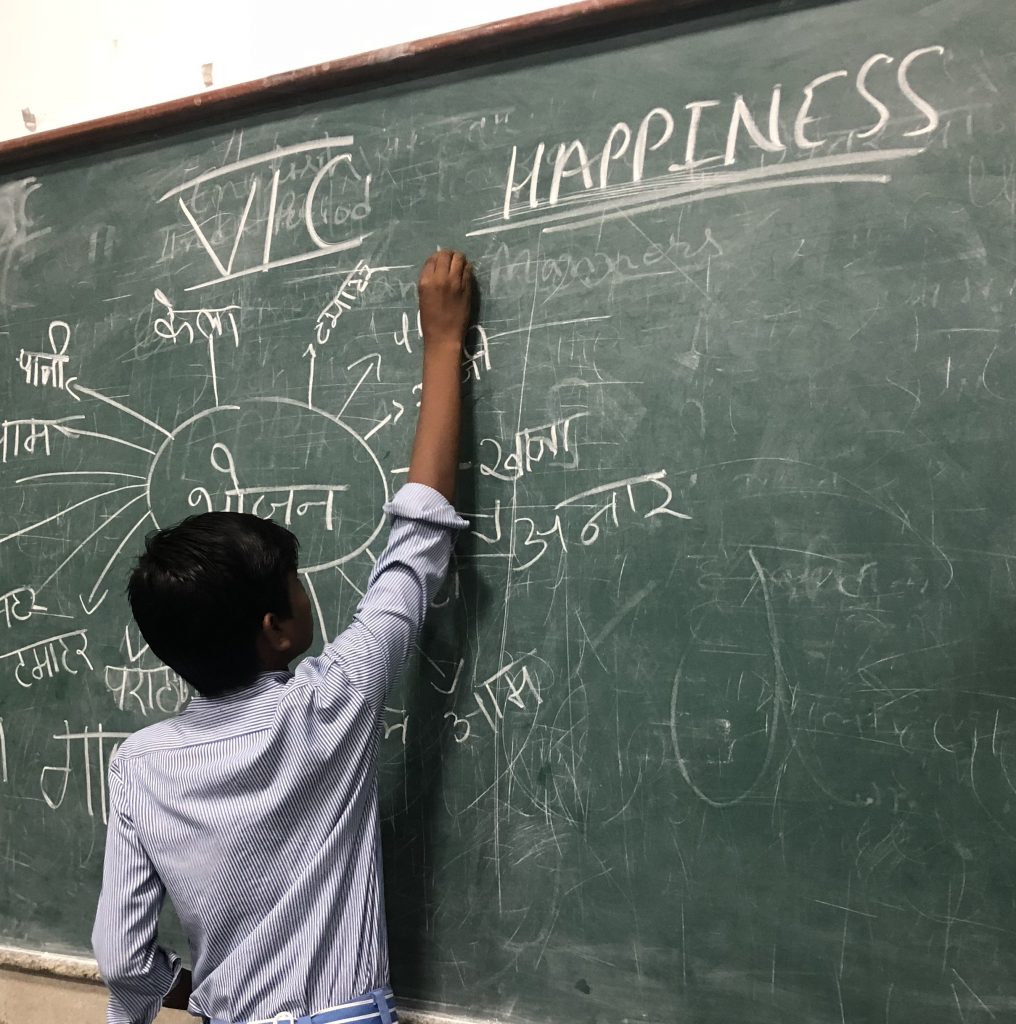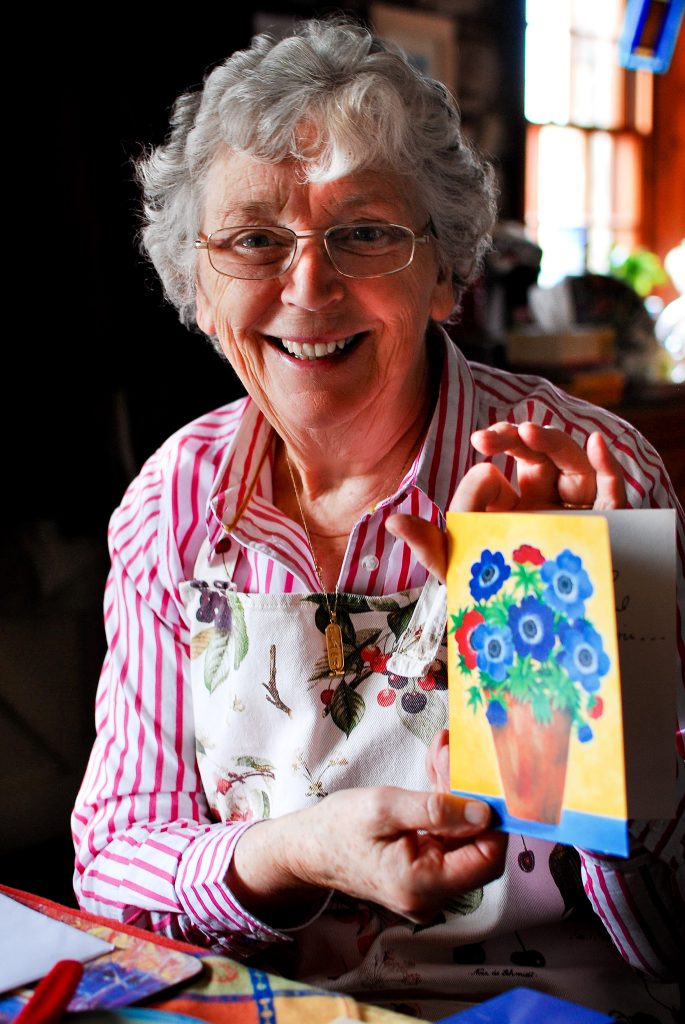Surveys and studies in developed countries around the world have investigated the relationship between age and happiness. Psychologists measure happiness by looking at “emotional well-being”—i.e., when a person consistently reports more positive than negative feelings. They have discovered that, by this measure, seniors are happier than their juniors, as a Scientific American study explains.
Better With Age
Plenty of recent research agrees. For example, the Journal of Clinical Psychiatry published a study in 2016, in which researchers analyzed data collected from a random sample of 1,546 people from ages 21 to 99 in San Diego.
Older people were physically more disabled and had more cognitive impairment than younger ones—the natural deterioration of aging—but in mental health, the advantage flipped. People in their 20s and 30s reported having the highest levels of depression, anxiety, and stress. They also report the lowest levels of happiness, satisfaction and wellbeing.
Older people, surprisingly, were the happiest, as Mandy Oaklander writes in Time.
The U Shape of Happiness
Yew-Kwang Ng, an economist at Monash University in Australia, compared research from the past twenty years in his 2021 paper “Age and Happiness.” He found that overall happiness throughout life tends to follow a U shape. Younger children are generally fairly happy; the beginning of adolescence coincides with a decline in “subjective well-being.” Yew-Kwang Ng theorizes that this may result from changes in sleep patterns adolescents experience.
Many factors impact the timing and shape of this U-shaped happiness curve: gender; health; lifestyle; income; national per-capita income; the overall happiness of the country; formative events in early life; and early self-esteem. Still, studies in multiple countries and internationally agree that most people start to experience a decline in overall happiness in their late teen years or early twenties. A Chinese study found that the lowest point for most people occurs around age 34.
After a period of low happiness in middle age (roughly ages 40 to 65), the majority of people begin to feel an uptick in overall happiness later in life. Over time, this upward trend plateaus again, and reported happiness levels don’t reach the same heights as those from earlier ages. An Australian study found that many people experience another decline in happiness in the last years of their lives.
The following chart illustrates this relationship, starting during teen years.
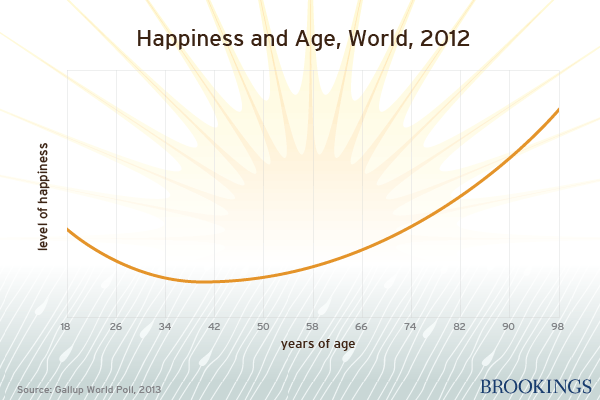
Maximizing Happy Aging
Margie Zable Fisher wrote a great overview for Fortune Magazine – The 3 Habits That Can Help Boost Your Happiness As You Age. She included the work of several acknowledged experts, including Laura Carstensen, Katharine Esty, and Robert Waldinger.
Elders’ happiness has to do with what Laura Carstensen, professor of psychology and director of the Stanford Center on Longevity calls emotional wisdom.
“As we age, our time horizons grow shorter and our goals change. When we recognize that we don’t have all the time in the world, we see our priorities most clearly. We take less notice of trivial matters. We savor life. We’re more appreciative, more open to reconciliation. We invest in more emotionally important parts of life, and life gets better, so we’re happier day-to-day.”
TED Talk: Older People Are Happier
Close relationships, more than money or fame, are what keep people happy throughout their lives. Those ties protect people from life’s discontents and help to delay mental and physical decline. Research at Harvard suggests these ties are better predictors of long and happy lives than social class, IQ, or even genes. That finding proved true across the board among both Harvard men and the inner-city participants.
I’ve taken these recommendations from the Fortune article cited above.
1. Maintain Friendships
Consider spending more or all your time with people who make you feel good. Try to maintain friendships with people in a range of ages, some older, some younger, some the same age. Esty suggests that we all need three different types of friends to really thrive:
- Neighbors and others who provide practical help when we need it, such as running errands or watching pets.
- Confidants with whom we can have open, honest communication about feelings or inner conflicts. We shouldn’t have to hide major parts of ourselves from good friends.
- Friends who are fun to be with and with whom we can do fun activities.
2. Ask for Help
Although help is often easier to give than to receive, “The best relationships are two-way—where we give and receive help,” says Waldinger.
For midlifers thinking about retirement, “… many people aren’t certain what they want to do with their lives after retirement. They need to have a sense of purpose,” Esty says. “It works well to form a small group of friends who meet on a regular basis to discuss the issues in their lives and talk about their dreams for the future.”
3. Take on Responsibility
Many people consider shedding personal responsibilities and work duties to be one of the perks of growing older. However, this gift may come with unexpected pitfalls.
As Esty explains, a study of elderly residents in a nursing home showed that “more choices, more decision-making possibilities, and more responsibility raise the level of happiness in older people.” The key, she says, is to take on only responsibilities that you enjoy and to say no to other requests.
It may help to take on responsibilities related to an activity you enjoy. You might join a book club and offer to host meetings. If you enjoy a sport, consider becoming involved in a local league or even coaching a youth team.
And one more happy note: Although studies find that satisfaction with life and positive emotions decline with mobility problems and the deaths of spouses and other loved ones, research by Anthony Bardo of the University of Kentucky and Scott Lynch of Duke University shows that the cognitive impairment that can accompany aging does not preclude happiness and a high quality of life.
Note: age and happiness are correlated; however, getting older doesn’t cause happiness. We can all name several causes of (un)happiness, everything from not having enough money to an unsatisfying marriage/partnership. But all that is beyond the scope of this blog.
Bottom Line: Nobody will be happy all of the time, but we can expect to be more happy than not with age, especially if we lay a good foundation.
